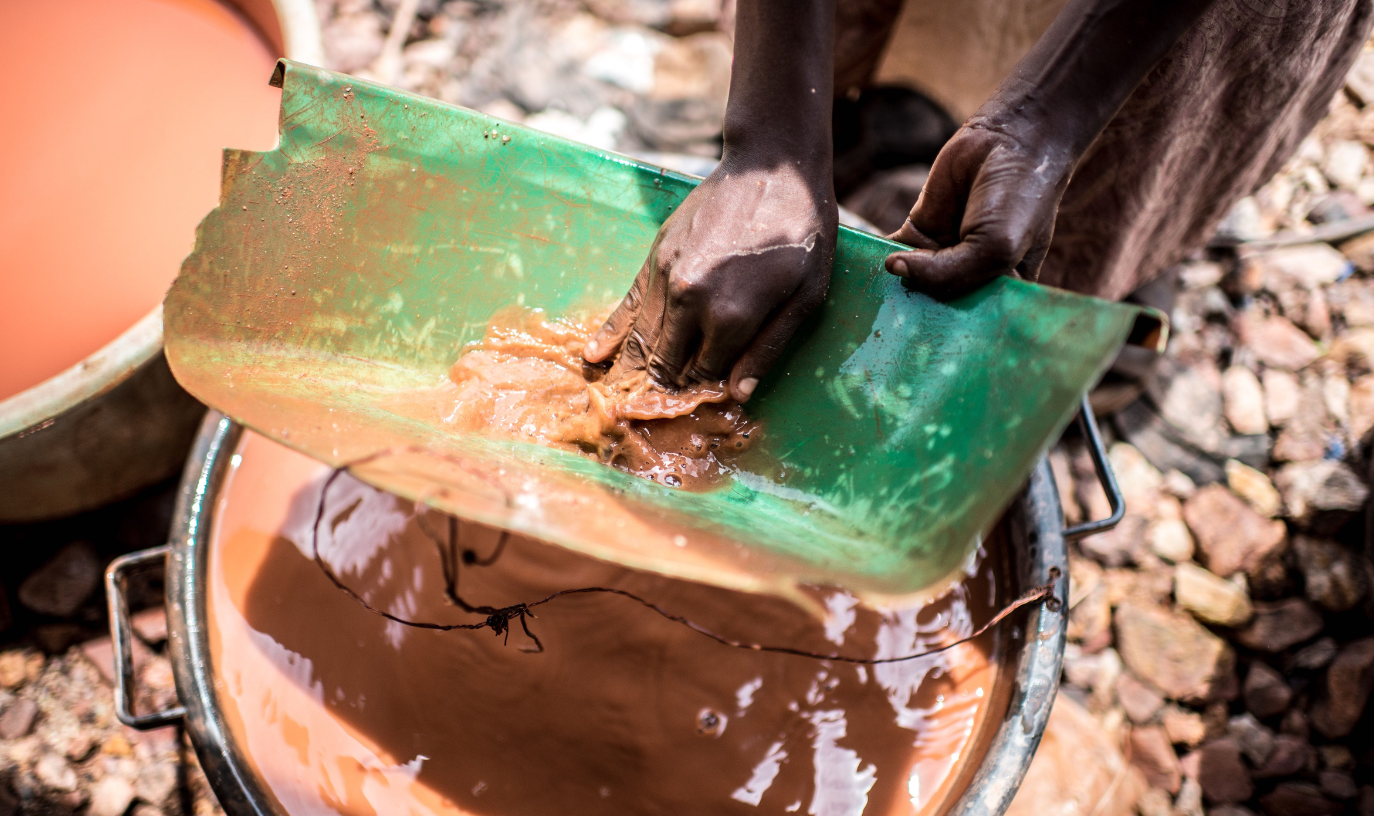When Ugandan policymakers began re-examining the country’s mining laws, it became clear an overhaul was needed. Despite a surge of artisanal mining across the region, the 2001 Mining Bill and 2003 Mining Act didn’t have any reference to artisanal and small-scale mining (ASM).
Over the past decade, work has been underway to reform the mining laws in Uganda. The work culminated with the new Mining and Minerals Bill going before Ugandan Parliament in November 2021, and passed as law on February 18, 2022.
IMPACT has served as a technical partner to the Ugandan government, providing technical assistance on the country’s implementation of the six tools of the Regional Initiative against the Illegal Exploitation of Natural Resources (RINR) of the International Conference of the Great Lakes Region (ICGLR). IMPACT provided technical support and accompanied the Directorate of Geological Survey and Mines (DGSM)through training and capacity building, as the Regional Certification Mechanism was passed into Ugandan law in 2018.
Building on this success to improve certification procedures in Uganda, as part of the Digging for Equality project our focus turned to ensuring the new mining law would support gender equality in the artisanal mining sector. Our previous research had identified barriers for women in Uganda’s artisanal mining sector and opportunities for their empowerment.
IMPACT’s Digging for Equality project aims to improve security, gender equality, and women’s empowerment in the artisanal mining sectors across three countries—Democratic Republic of Congo, Uganda, and Zimbabwe. The project supports women working in the ASM sector to reduce the barriers that they face and support their efforts towards gender equality.
As drafts of the new law came into focus, IMPACT held workshops with the DGSM to examine which aspects of the bill would directly or indirectly affect women—and how.
IMPACT walked workshop participants through its Gender Impact Assessments for Projects and Policies Related to Artisanal and Small-Scale Mining (GIA Toolkit) and how it could be applied to different provisions in the new bill. The GIA Toolkit is the first ever Gender Impact Assessment to be tailored specifically to the ASM sector. By using the toolkit, teams behind projects and policies for the ASM sector are supported to predict how gender relations could be affected, and determine how to minimize potentially negative impacts.
The use of the GIA Toolkit proved to be successful.
Workshop participants used the GIA Toolkit in the drafting of the bill to improve gender equality in a number of provisions, including by requiring that mining cooperatives seeking mining licenses must have female membership, as well as ensuring separate change rooms for women and men at mine sites.
Now that the bill has passed into law, the Digging for Equality project is continuing to work with policymakers to advise and support its implementation to ensure women’s empowerment across the sector.
For more information about the Digging for Equality project, visit IMPACT’s website.
The Digging for Equality project is undertaken with the financial support of the Government of Canada provided through Global Affairs Canada.
Photo by Tommy Trenchard/IDRC

